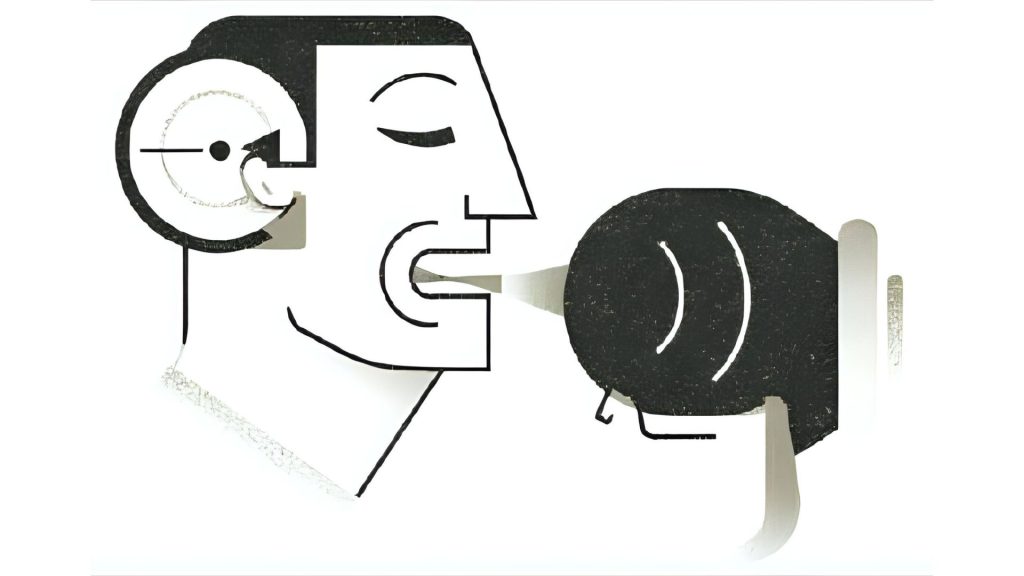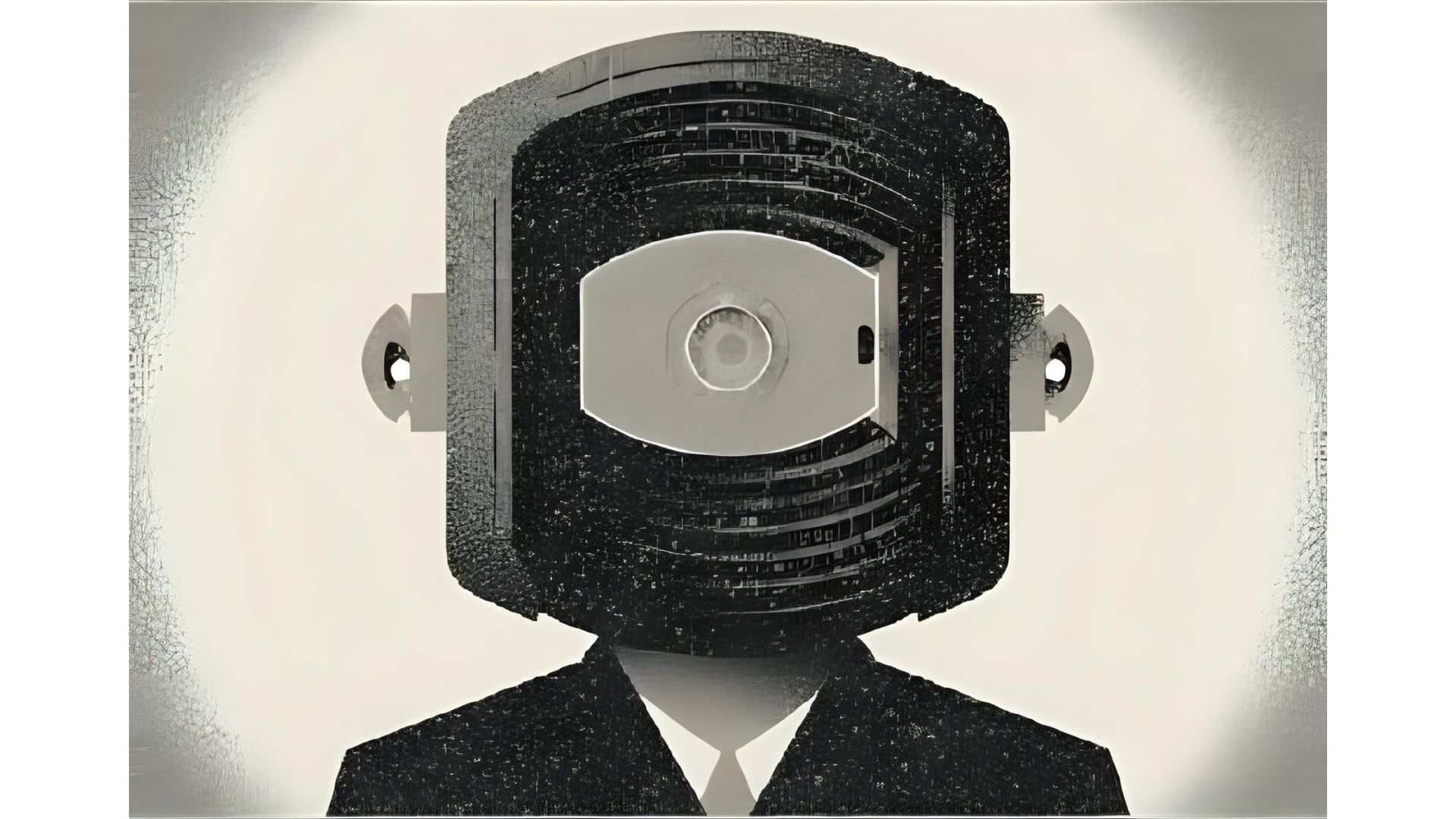Key Takeaways:
- Noise sensitivity is a neurological condition, not a matter of willpower
- Even subtle sounds can trigger stress and fatigue for sensitive listeners
- Renter-friendly apartment hacks (sealing leaks, layering textiles, using white noise) ease daily noise impact
- Chronic exposure to noise sensitivity is linked to serious health effects
- Silence restores the nervous system, offering measurable physical and mental benefits
There’s a moment – maybe in the middle of an afternoon Zoom call – when the outside world barges in. A car horn. The bass thump of a neighbour’s playlist. A muffled argument through the walls…
Your focus slips. Your chest tightens. And the sound lingers long after it stops.
For those with noise sensitivity, this isn’t a minor annoyance. It’s an invisible weight pressing on the nervous system. And despite what your friends say, you can’t “just tune it out.” Because for some, noise isn’t background. It’s a full-force invasion.
What Is Noise Sensitivity?
Noise sensitivity is more than disliking sound. It’s a neurological reality. Sensitive listeners process sound differently, with the brain’s auditory cortex reacting more strongly even to subtle changes in volume or tone.
For them, the hum of a fridge or the click of a pen can feel as overwhelming as louder, more obvious noise to others.
How Do You Know If You’re Noise Sensitive?
You may be noise sensitive if you:
- Struggle to concentrate when background noise is present
- Feel anxious or fatigued in loud environments
- React strongly to sounds others brush off
- Need recovery time after exposure to sound
If this list feels familiar, you’re not imagining it – and you’re not alone.
Why Can’t You Just Tune Out Noise?
The advice to “tune it out” misunderstands how the sensitive brain works. Noise sensitivity is tied to the nervous system, not willpower.
For many, background hums activate stress circuits, spiking cortisol, quickening the heartbeat, and tightening muscles. It’s not stubbornness, it’s biology.

Best Apartment Hacks for Noise Sensitivity
Your living space can either amplify noise or soften it. Here are some renter-friendly upgrades that we covered in more detail in our previous articles:
- Seal the leaks: Weatherstripping and door sweeps block outside sound.
- Layer textiles: Rugs, curtains, and wall hangings absorb echoes.
- Strategic furniture: A bookcase against a shared wall works as a sound buffer.
- Acoustic add-ons: Cork boards or foam panels cut reverberation.
- White noise allies: Fans, air purifiers, or dedicated machines create a steady sound blanket.
- The quiet corner: Even in small apartments, carve out a nook designed for peace.
What Health Problems Are Linked to Noise Sensitivity?
Living with chronic noise sensitivity isn’t harmless. Research links it to:
- Sleep disruption
- Increased blood pressure and cardiovascular strain
- Cognitive fatigue and reduced focus
- Elevated stress hormone levels
Over time, unmanaged noise exposure can seriously impact physical and mental health.

How Silence Acts as a Sanctuary
For noise-sensitive individuals, silence isn’t emptiness; it’s restoration.
Science backs this up: silence has been shown to promote neurogenesis (new brain cell growth), lower blood pressure, regulate mood, and improve concentration.
Can You Reduce Noise Sensitivity Over Time?
While you may not erase sensitivity, you can manage it with consistent practices:
- Wear earplugs or noise-canceling headphones in noisy settings
- Use soundscapes like white noise or nature sounds to control your environment
- Practice mindfulness or meditation to regulate stress responses
- Advocate for quieter spaces—whether at home, work, or school
Noise sensitivity doesn’t mean fragility. It means your nervous system demands environments others take for granted.
The Bottom Line
Noise sensitivity is real. It’s not weakness, stubbornness, or overreaction. It’s a neurological difference that shapes how the world is experienced.
The solution isn’t “tuning it out”—it’s adapting with kindness. That may mean sealing a drafty window, curating soundscapes, or simply allowing yourself permission to retreat into quiet.
Because at the end of the day, silence isn’t absence, it’s a sanctuary. It’s the one space where your body softens, your thoughts settle, and your spirit can simply be.

Leave a Reply